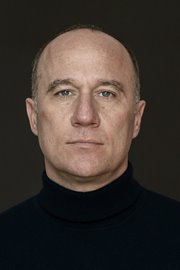Agence France-Presse
15 September, 2019
First-aid carers tend to a man injured during a protest outside the North Point metro station in Hong Kong.
Protests began in Hong Kong at the end of March in response to government proposals to amend existing legislation and allow extradition to mainland China. Anti-government demonstrations gathered momentum over the following weeks as pro-democracy groups united, with students playing a large role in protests and in human-chain rallies. On 12 June, tens of thousands of demonstrators gathered around the Legislative Council building ahead of a debate on the extradition laws, and met with violent opposition from police. Protests continued to escalate, both in frequency and size, as did police countermeasures. The authorities banned the wearing of face masks, and at a demonstration on 1 October, the day marking the 70th anniversary of the declaration of the People’s Republic of China, police fired live ammunition at protesters for the first time. After initially proposing postponements and amendments to legislation, Chief Executive of Hong Kong Carrie Lam eventually announced that she would withdraw the bill. This was done on 23 October, but protesters’ demands had broadened to include implementation of genuine universal suffrage and release of arrested protestors, and unrest continued into 2020.

Nicolas Asfouri
Nicolas Asfouri is a Danish national, born in Beirut Lebanon, who has worked for Agence France-Presse (AFP) for 19 years. Asfouri began his career with AFP as a freelanc...